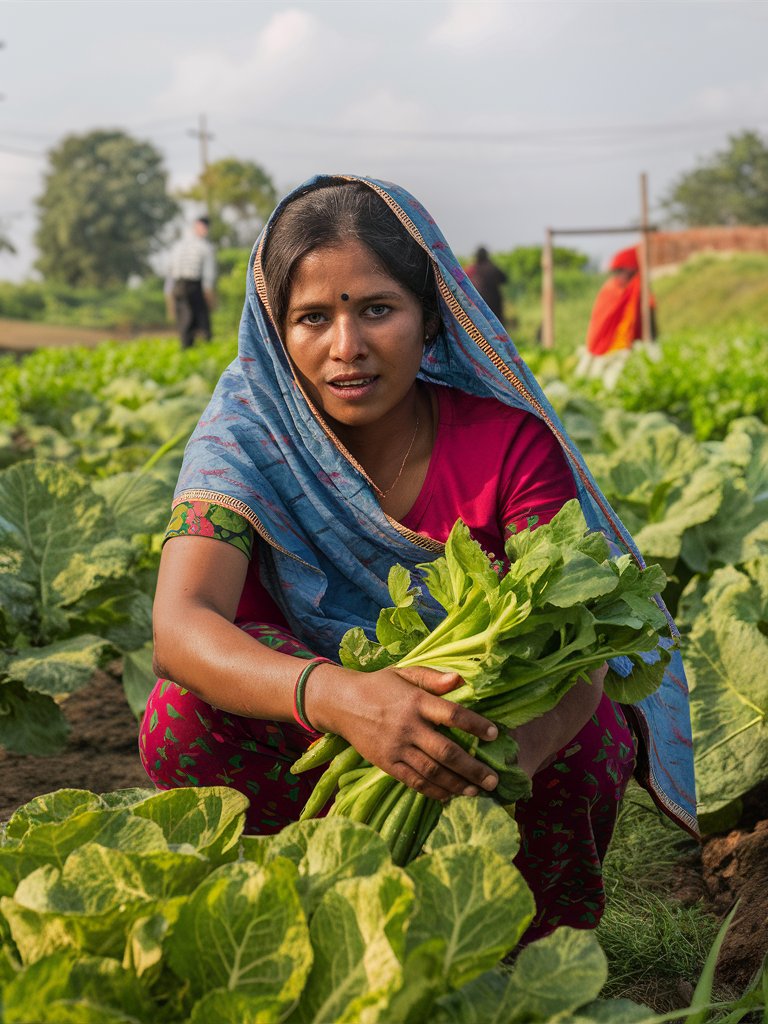
In India, the widespread use of chemical fertilizers poses a significant environmental and health challenge. Chemical fertilizers such as urea, potash, NPK (Nitrogen, Phosphorus, Potassium), and DAP (Diammonium Phosphate) are extensively used in agriculture, aiming to boost crop yields. However, the unintended consequences are alarming. These chemicals leach into soil and water systems, contaminating natural resources and impacting human health profoundly.
The health implications are severe, with a surge in diseases attributed to chemical fertilizer usage. Everyday, new health concerns emerge, ranging from respiratory ailments to chronic illnesses linked to pesticide residues. The prevalence of these issues underscores the urgent need for sustainable agricultural practices.
- Common Fertilizers Used in India
The primary chemical fertilizers used in India include urea, potash, NPK, and DAP. Each of these plays a crucial role in agricultural production but comes with its own set of environmental and health challenges. - Health Problems Caused by Chemical Fertilizers
The impact of chemical fertilizers on public health in India is profound, leading to several prevalent health issues:- Respiratory Disorders- Inhalation of chemical residues from fertilizers contributes to respiratory problems among agricultural workers and nearby communities.
- Water Contamination- Chemical runoff contaminates water sources, causing gastrointestinal illnesses and long-term health complications.
- Soil Degradation- Over-reliance on chemical fertilizers disrupts soil ecosystems, reducing fertility and impacting food quality.
- Increased Cancer Risk- Prolonged exposure to pesticide residues has been linked to higher cancer rates in farming communities.
The issue of excessive chemical fertilizer use in India traces back to the Green Revolution launched in Punjab and Haryana post-independence, aimed at averting famine. The government subsidized fertilizers like urea, potash, NPK, and DAP to boost agricultural productivity. However, the unintended consequence was the widespread misuse by farmers striving for higher yields. Despite government guidelines on controlled usage, many farmers, lacking proper knowledge, applied these chemicals in excess. This misuse has damaged the environment and had a serious impact on the health of people throughout the country.
In Rajasthan, Spectra Organization stands out as a leading force against the harmful effects of chemical fertilizers. They’re known as one of the best NGO in Rajasthan, dedicated to promoting chemical-free farming. Spectra has been actively reaching out to villages, running awareness campaigns to teach farmers the benefits of switching to organic farming methods. They’re showing farmers firsthand how sustainable practices can improve soil health and biodiversity.
Not stopping there, Spectra is also empowering village women by educating them about the health risks posed by chemical fertilizers. They’re explaining how these chemicals affect both the land and the health of their families. By sharing this knowledge, Spectra hopes to inspire a shift towards healthier farming practices that benefit everyone in the community. It’s all about protecting the environment and ensuring a safer, healthier future for everyone.
Importance of Azolla and Vermicompost
Azolla and vermicompost play crucial roles in sustainable agriculture. Azolla, a nitrogen-fixing aquatic fern, enriches soil fertility by providing nitrogen and other nutrients. It suppresses weeds, reduces water evaporation, and serves as a green manure. Vermicompost, produced by earthworms breaking down organic matter, enhances soil structure, fertility, and water retention. It improves nutrient availability, promotes beneficial microorganisms, and reduces the need for chemical fertilizers. Both Azolla and vermicompost contribute to healthier soils, sustainable crop yields, and environmental conservation.
Empowering Women with Azolla and Vermicompost Units
The Spectra team in rural Rajasthan is empowering women by helping them set up Azolla and vermicompost units at their homes. This initiative enables women to grow chemical-free vegetables and crops right in their own backyard. By providing training and resources, Spectra ensures these women have the knowledge and tools to sustainably manage these units. This effort not only promotes self-sufficiency but also supports healthier food choices for their families and communities. Spectra’s work continues to promote sustainable agriculture and empower women as leaders of positive change in their local communities.
Sushila’s Journey: From Struggle to Success
Sushila’s life was a constant struggle. Every day was a battle to provide even the basic necessities for her children. The dream of giving them a better future seemed like a distant fantasy. That was until she found Spectra NGO.
At Spectra, we believe in empowering people through sustainable solutions. When Sushila joined our program, she was introduced to the amazing world of organic farming. We provided her with comprehensive training, teaching her how to grow healthy, abundant produce without using harmful chemicals.
Armed with her new skills, Sushila started her journey in organic vegetable cultivation. Her produce, bursting with flavor and free from chemicals, quickly became a favorite in the market. As word spread about the superior quality of her vegetables, her sales took off. The income from her organic farming not only allowed Sushila to support her household but also fund her children’s education.
Sushila’s story is a beautiful example of how sustainable practices can change lives. By adopting organic farming, she’s not only providing for her family but also helping to protect the environment. Her success shows how sustainable agriculture can bring about both economic stability and ecological balance.
At Spectra NGO, we’re dedicated to transforming lives and protecting our planet. Sushila’s journey from hardship to success highlights the real impact of our work. But we can’t do it alone—we need your help to continue making a difference. Support us by donating to Spectra, and together, let’s empower more individuals like Sushila to cultivate a brighter, more sustainable future.
Join Us in Making a Difference
At Spectra NGO, we’re dedicated to reducing chemical farming and empowering village women with sustainable livelihoods. Through initiatives like organic farming training and setting up livelihood projects, we’re creating lasting change in communities.
Your support can make a significant impact. Donate today to help us expand our programs and reach more individuals like Sushila. Together, we can promote sustainable agriculture and improve lives.
Click here to visit our website to learn more about our initiatives and how you can contribute to a healthier, more sustainable future.